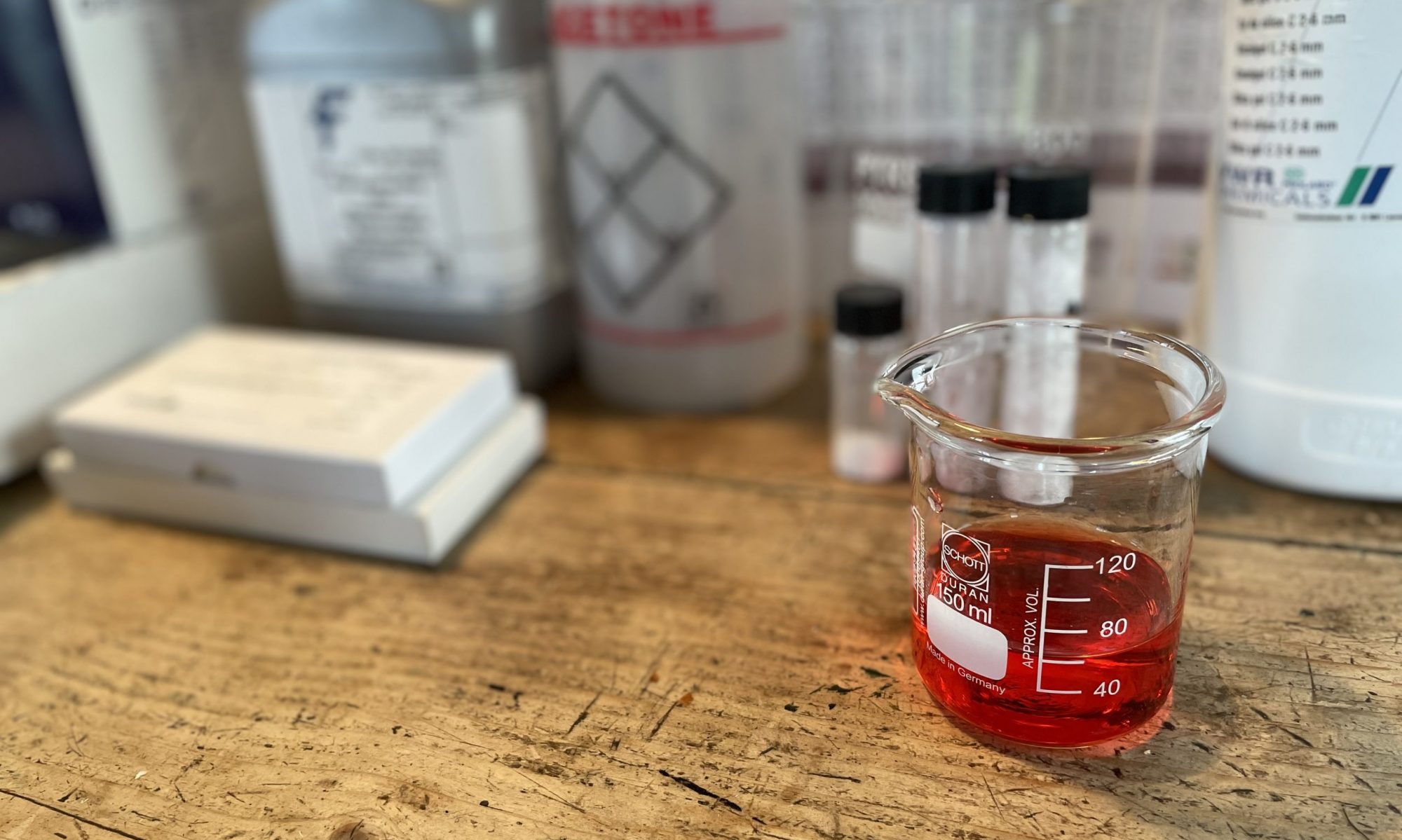Our research programme broadly focuses on the development of new synthetic methodology to efficiently assemble organic molecules. We are particularly interested in using catalysis to control the shape and stereochemistry of these materials, enabling us to prepare a wide range of complex 3D structures that cannot be accessed using existing synthetic methods.

Asymmetric Catalysis
Catalysis plays a central role in society, enabling the production of important materials at low cost with minimal environmental impact. Our research is focussed on identifying new ways to control selectivity within catalytic reactions. This encompasses both the design of new ligands and catalyst systems, as well as the development of new catalytic asymmetric processes.
Non-classical 3D Materials
Drug discovery programmes are increasingly shifting their focus to 3D candidates, which allow exploration of novel, three-dimensional biological and chemical space. We are exploring an exciting approach to this challenge, which involves creating three-dimensional materials by “repackaging” traditional 2D drug-like building blocks, connecting them together in unusual ways to generate novel 3D materials. These materials have a variety of exciting applications in drug development, as well as catalysis, materials science and nanotechnology.
Medicinal Chemistry
We are interested in deploying synthesis and catalysis to develop new scaffolds for drug-discovery and agrochemistry. Our interests lie in tailoring the shape of new molecules to enhance their potency and selectivity against a range of important targets.
